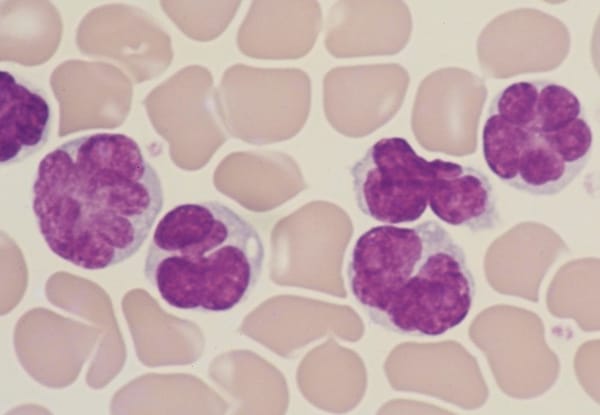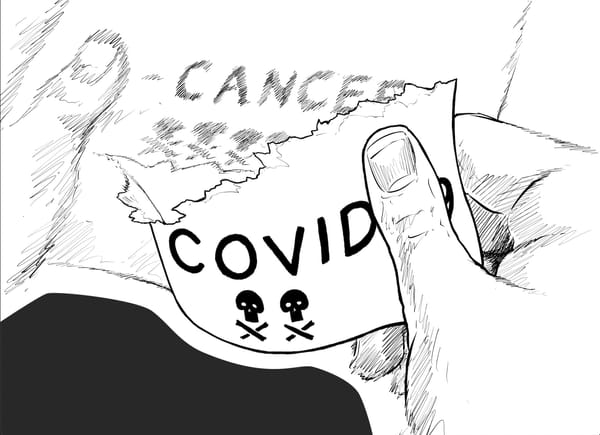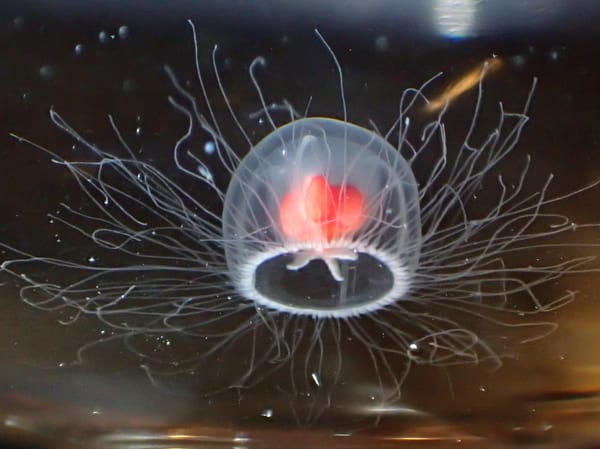This Week in Science (28/01/2022)
The biggest events in science at Imperial and from around the world this week

From Imperial...
Watch out! Risks of head injury from e-scooters simulated for first time
A team at Imperial’s Dyson School of Engineering have simulated 185 falls from e-scooters by digital human body models of three different sizes and weights to determine their risk of head injury. Research on the safety of e-scooters is limited, and it is hard to inform safety regulations regarding speed limits, helmet and wheel design and pothole management. Falls at all 5 speeds tested reached the threshold for skull fracture, and speed of impact between the rider’s heads and the ground were comparable to the speed used to test bicycles. Only around 4% of e-scooter riders wear helmets, but increasing helmet use may not be enough as bicycle helmets are open-faced, and 44% of impacts from an e-scooter were directly to the face.
Blink and you’ll miss it! Fastest ever study of how electrons respond to X-rays performed
Conventional X-rays can cause damage to cells, but exactly how is not known. By using an ultrafast X-ray laser to knock an electron out of a molecule of nitrous oxide and a laser pulse to time the resultant changes, the researchers were able to study the electron dynamics on timescales of less than millionths of a billionth of a second. The pulse created a superposition of different electron quantum states (quantum coherence), and measuring the response revealed a quantum beat, which is a repeated pattern created by the coherence. The “quantum beats” observed are a completely different type of dynamic than is usual, and translate into irreversible chemical change.to tackle poverty and provide adequate social support and healthcare.”
FROM AROUND THE WORLD...
Antimicrobial resistance found to be the global leading cause of death
In 2019, bacterial antimicrobial resistance played a role in 4.95 million deaths globally, including 1.27 million deaths directly caused by treatment-resistant infections. Two classes of antibiotics played a role in 70% of these deaths: beta-lactams (including penicillin) and fluroquinolons. Mortality rates were higher in places with fewer health care resources. Western sub-Saharan Africa had the highest mortality rates. Limiting antibiotic use are key is some areas, but in places like Western sub-Saharan Africa, increasing access to antibiotics are important as second-line antibiotics after first-line antibiotics fail are not readily available.
“Doomsday” glacial is predicted to soon fall into the ocean, potentially causing dramatic sea-level rise
The Thwaites glacier is one of the biggest in Antarctica, spanning 120km across. It is held up by a floating ice shelf jutting out from the glacier which is lodged against a mountain around 50km offshore. Data from sensors placed beneath and around the ice shelf for the past two years have revealed that warming ocean waters are causing the ice shelf to retreat from the mountain, and are creating fractures that is weakening the structure. It could collapse within the next 3 to 5 years, which would raise sea levels by 65cm, making it the world’s biggest threat to sea level rise in the next 80 years.









